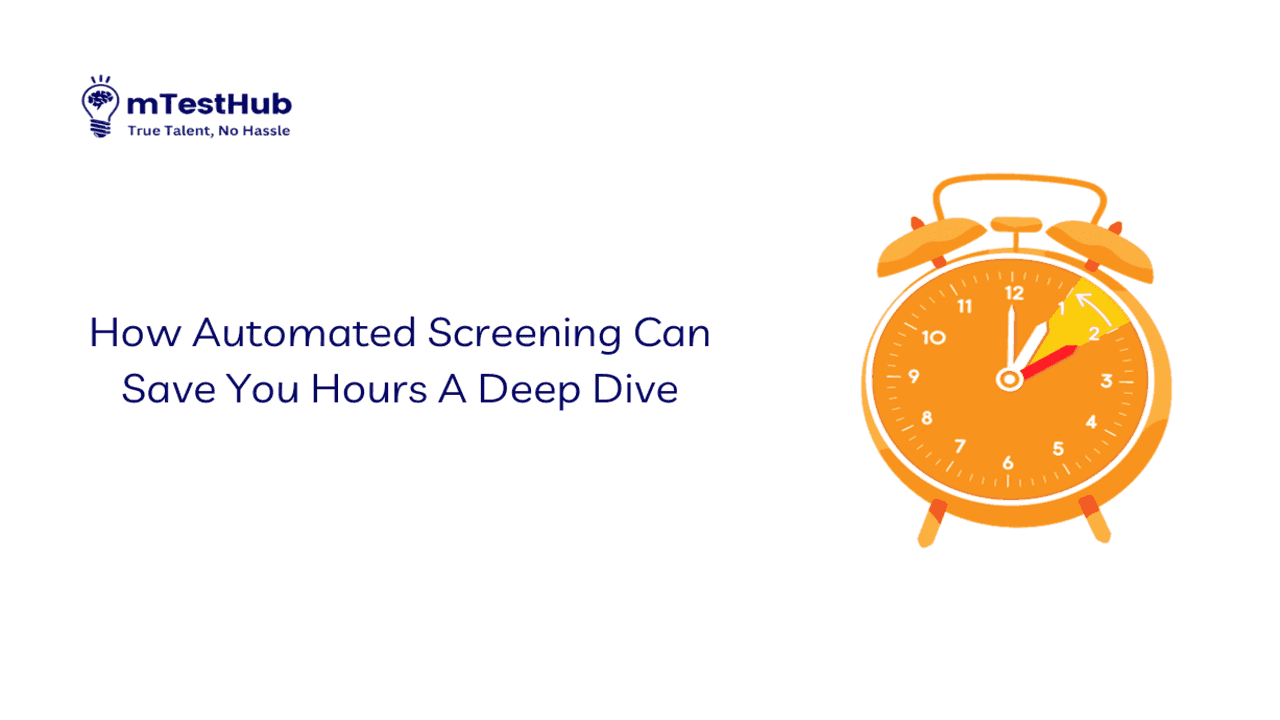Unlock the efficiency of automated screening in recruitment for smarter hiring decisions and cost savings. Learn more in our insightful blog.


Product Marketer. MTestHub
In today's fiercely competitive business landscape, startups face the challenge of scaling quickly while maintaining quality and minimizing costs. One strategic solution that is gaining traction is the adoption of white-label services. These services offer a plethora of advantages, particularly in terms of scalability and growth for startups.
White-label services refer to products or services created by one company but branded and sold by another. This model allows startups to rapidly enter the market with high-quality offerings without the need for extensive resource investment in product development.
Startups can leverage white-label solutions to enter markets quickly, significantly reducing development time and costs. This swift market entry is crucial for gaining a competitive edge.
Partnering with established white-label service providers grants startups access to expert knowledge and assures product quality, which might be challenging to achieve independently.
By adopting white-label solutions, startups can streamline their operations, focusing more on core business areas such as marketing, customer service, and brand building.
White-label services enable startups to diversify their offerings and create new revenue streams, enhancing their financial stability and growth potential.
White-label services offer flexibility, allowing startups to customize products to meet specific market needs and customer preferences.
The agility to adapt to market changes is crucial for startup survival and growth. White-label solutions provide this adaptability, enabling startups to respond quickly to evolving market demands.
Startups can expand their market reach more effectively with white-label products, catering to a broader audience without the constraints of product development limitations.
The adoption of white-label solutions significantly cuts down on development costs, a crucial factor for startups operating on limited budgets.
White-label solutions facilitate seamless scaling of operations, helping startups grow without the typical hurdles of expanding product lines or services.
By offloading product development to white-label providers, startups can concentrate on their core functions, enhancing overall efficiency and growth.
Automated screening tools often come with advanced analytics capabilities. They can provide deeper insights into the candidate pool, such as identifying trends in skills and qualifications, which can inform future recruitment strategies.
Some sophisticated systems use predictive analytics to forecast a candidate’s potential success in a role, going beyond the basic matching of skills and qualifications. This predictive approach helps in making more informed hiring decisions.
Automating the initial stages of the screening process can lead to significant cost savings. By reducing the hours spent on manual screening, companies can lower their overall recruitment expenses.
While there is an upfront investment in automated screening technology, the return on investment can be substantial. Reduced labor costs and improved efficiency in the recruitment process can offset the initial expense over time.
Automated screening tools can help ensure compliance with employment laws and regulations by standardizing the screening process and maintaining detailed records of the same.
These systems create audit trails of the screening process, which can be invaluable for internal reviews or in the case of legal challenges regarding hiring practices.
A quick and efficient screening process, enabled by automation, contributes to a positive perception of the employer brand. Candidates appreciate prompt responses and transparency in the recruitment process.
By adopting cutting-edge recruitment technologies like automated screening, companies position themselves as forward-thinking employers, which is appealing to top talent, especially in tech-savvy industries.
The adoption of automated screening in recruitment represents a significant leap forward in how companies approach talent acquisition. By enhancing efficiency, ensuring fairness, reducing costs, and contributing to a positive employer brand, automated screening is quickly becoming an indispensable tool in modern recruitment strategies. As technology continues to evolve, it’s clear that automated screening will play an increasingly central role in shaping the future of hiring.
Be the first to know the latest hiring trends, product updates, and exclusive tips to streamline your recruitment process by joining our newsletter.

Streamlining Recruitment, Assessments, and Exams with AI-driven automation.
We use cookies to improve your experience. By continuing, you consent to their use. Do you accept?